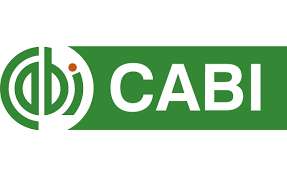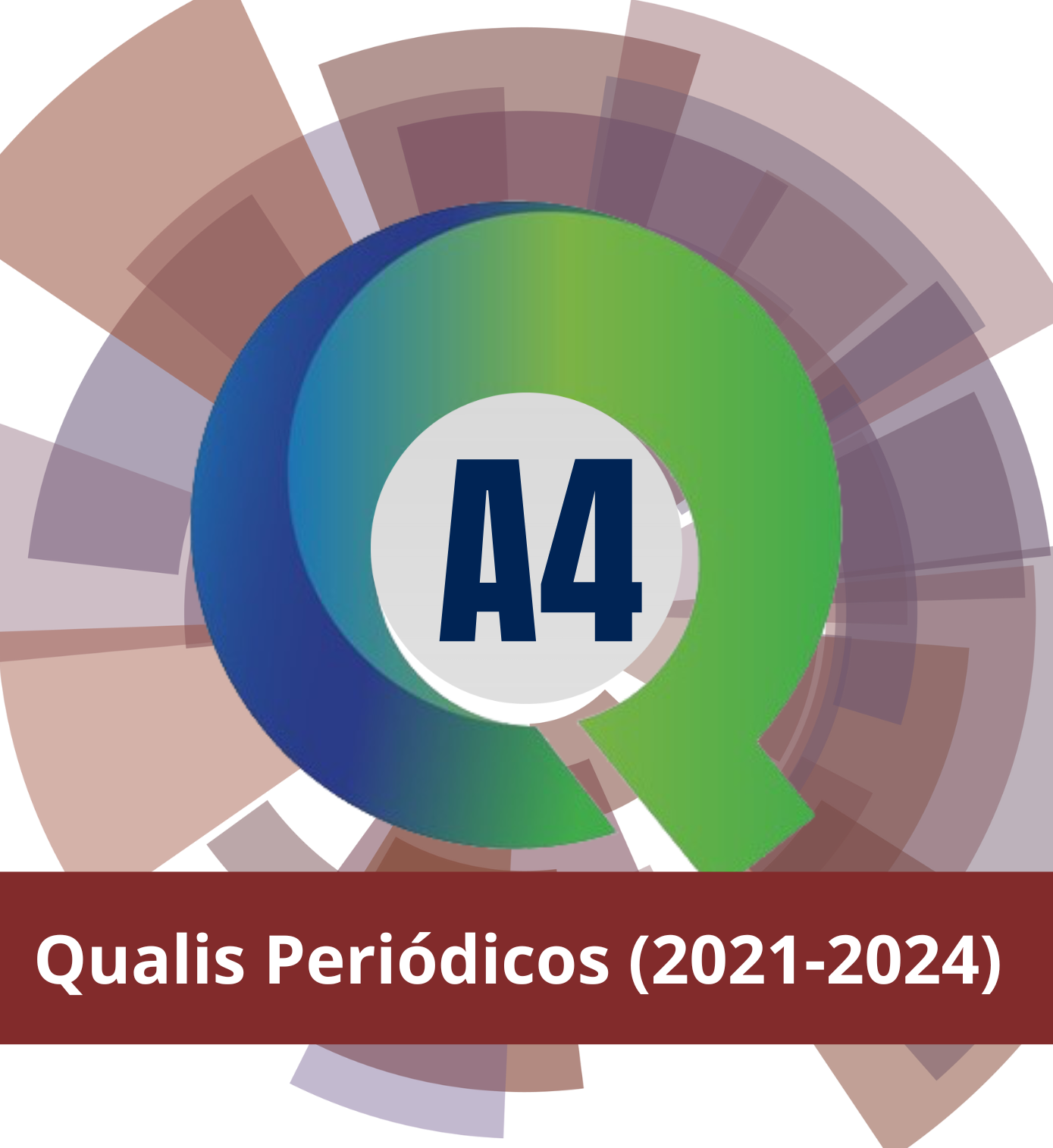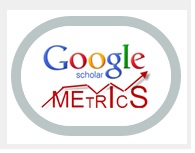Fontes de Indexação
 |
CAB Abstracts (Approved) CABI is a not-for-profit, international treaty organization dedicated to the dissemination of scientific knowledge. It produces two abstract databases in the applied life sciences: CAB Abstracts and Global Health. CABI has a long established reputation of indexing scientific literature, with electronic archives containing records for literature dating back to 1913. The CAB Abstracts and Global Health databases are used by government and international agencies, academic institutions and commercial organizations worldwide to search and identify relevant literature.
|
It is the result of the cooperation of a network of institutions that it works in a coordinated manner to collect anddisseminate bibliographic information on serial scientific publications produced in the region. |
|
| |
BASE - Bielefeld Academic Search Engine (Approved) BASE is one of the world's most voluminous search engines especially for academic web resources. BASE provides more than 140 million documents from more than 6,000 sources. You can access the full texts of about 60% of the indexed documents for free (Open Access). BASE is operated by Bielefeld University Library. |
 |
EBSCO Host(Approved) EBSCO Information Services provides a complete and optimized research solution comprised of research databases, e-books and e-journals—all combined with the most powerful discovery service and management resources to support the information and collection development needs of libraries and other institutions and to maximize the search experience for researchers and other end users. |
| |
Portal Periódicos CAPES/MEC (Approved) The Portal of Periodicals, of the Coordination for the Improvement of Higher Education Personnel (Capes), is a virtual library that gathers and makes available to teaching and research institutions in Brazil the best of international scientific production. It has a collection of more than 45 thousand titles with full text, 130 reference bases, 12 databases dedicated exclusively to patents, as well as books, encyclopedias and reference works, technical standards, statistics and audiovisual content. |
|
|
Gale Cengage Learning (Approved) Gale is passionate about providing the content, tools, and services libraries need to enable learning and promote information discovery. What’s your passion? Whether it’s enabling faculty scholarship, improving outcomes in the classroom, or becoming an even more integral part of your community, Gale is here to help you achieve your goals and make users passionate about libraries. |
DOAJ Directory (In Review) The aim of the DOAJ is to increase the visibility and ease of use of open access scientific and scholarly journals, thereby promoting their increased usage and impact. The DOAJ aims to be comprehensive and cover all open access scientific and scholarly journals that use a quality control system to guarantee the content. In short, the DOAJ aims to be the one-stop shop for users of open access journals. |
|
|
|
Public Knowledge Project - PKP (Approved)
|
| |
Google Scholar Google Scholar provides a simple way to broadly search for scholarly literature. From one place, you can search across many disciplines and sources: articles, theses, books, abstracts and court opinions, from academic publishers, professional societies, online repositories, universities and other web sites. Google Scholar helps you find relevant work across the world of scholarly research. |
|
|
OpenAire (Approved) 50 partners, from all EU countries, and beyond, will collaborate to work on this large-scale initiative that aims to promote open scholarship and substantially improve the discoverability and reusability of research publications and data. |












